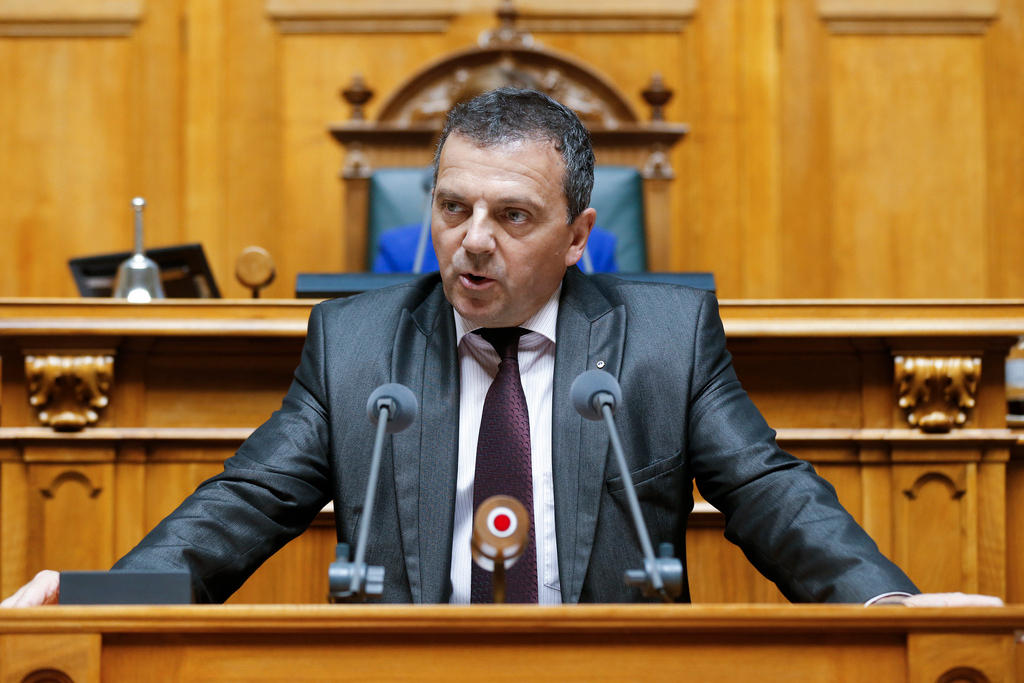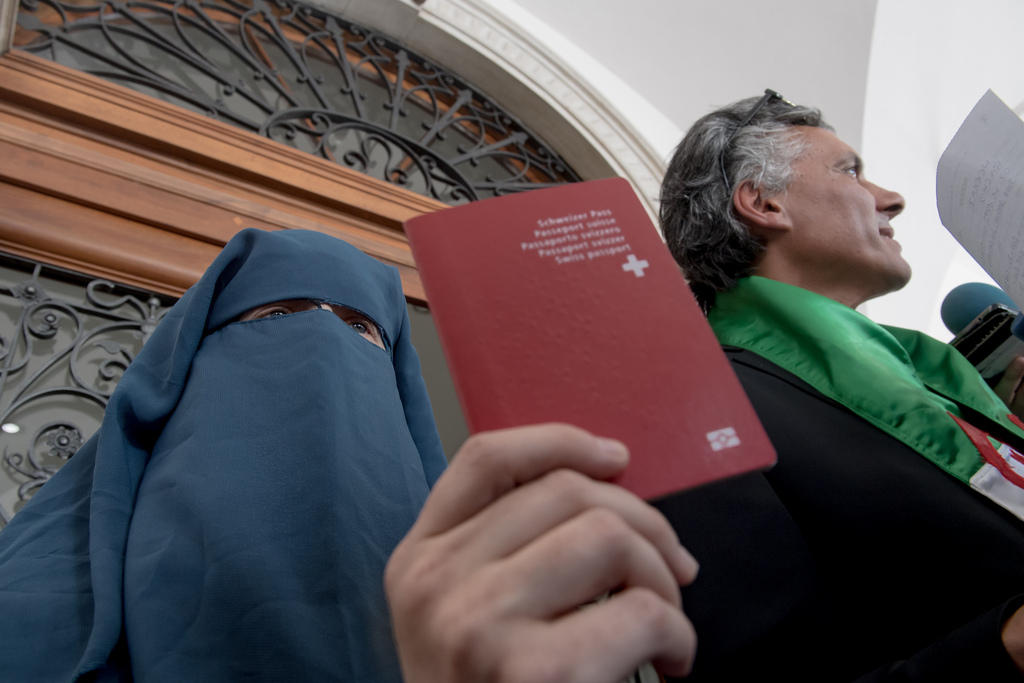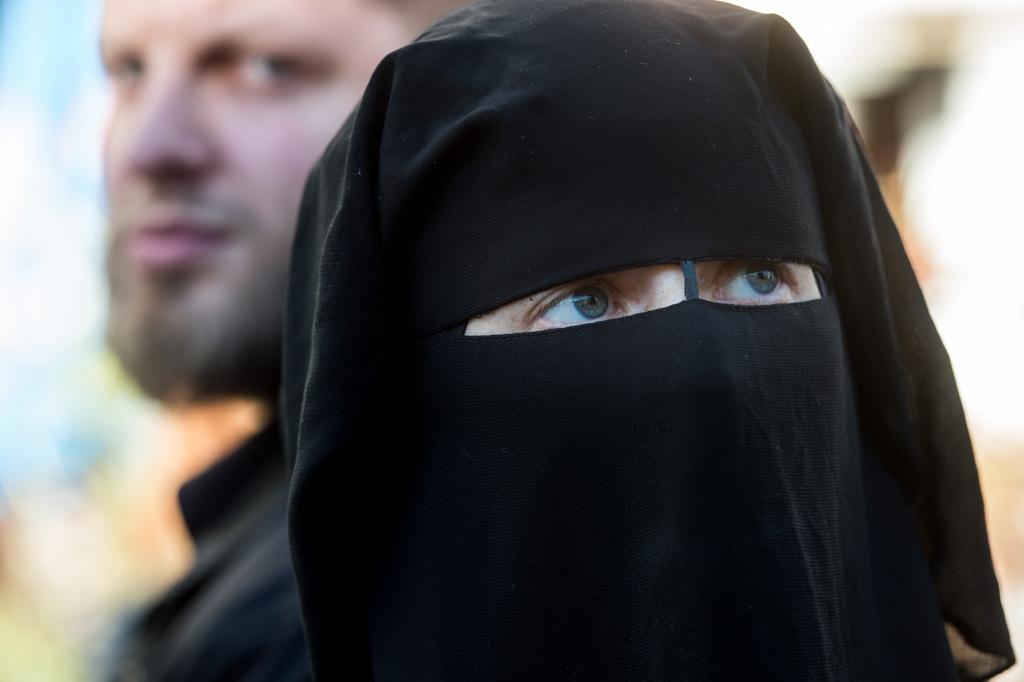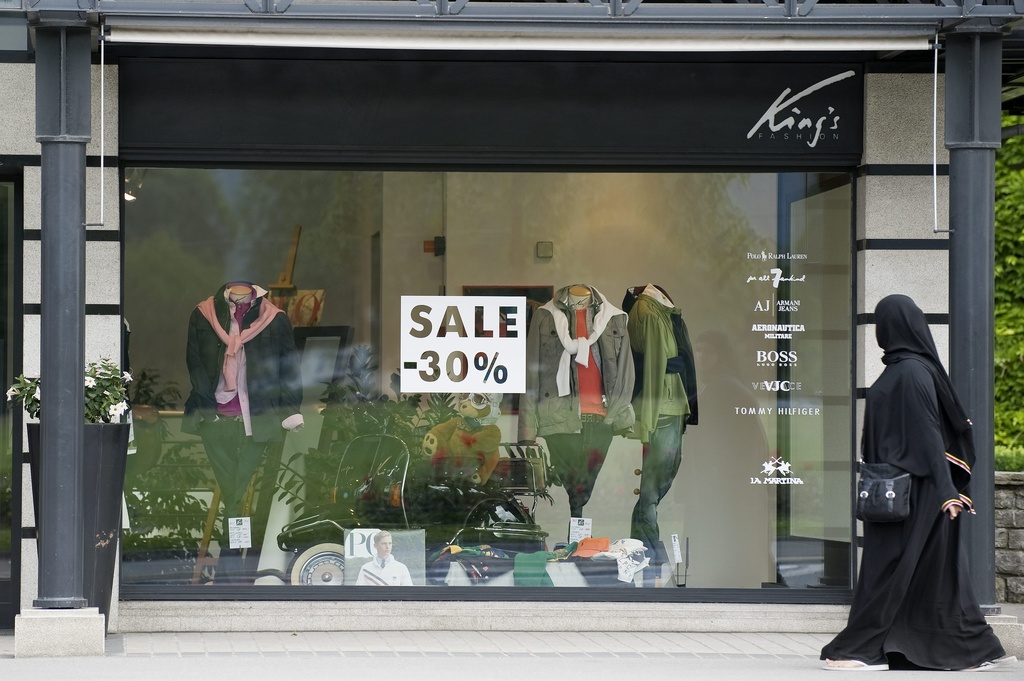Burka ban approved in first parliamentary chamber

By one vote, the Swiss House of Representatives has passed a parliamentary initiative that would ban the wearing of burkas in the country. However, the measure must still pass the Senate to become law, a tall order given its political make-up.
On Tuesday, the larger of Switzerland’s two parliamentary chambers voted 88 to 87 with ten abstentions to support the measure.
In arguing against the parliamentary initiative, centre-right Radical Party parliamentarian Kurt Fluri pointed out that banning burkas – a full face and body covering with a grid covering the eyes – had nothing to do with security and that a people’s initiative calling for the same ban had already been launched.
Those behind the people’s initiative have until September 2017 to gather the 100,000 necessary signatures to force a nationwide vote on banning burkas, regardless of what parliament decides. A recent poll showed about 60% nationwide support for such a ban.
The backer of the burka initiative in parliament, Walter Wobmann from the rightwing Swiss People’s Party, argued before the House of Representatives on Tuesday that wearing a burka and radical Islam must be seen as related, since the intentions of the person covered by the clothing cannot be recognised.
“In our culture, people show their faces,” he said.
Left-leaning parties in the House of Representatives all voted against the initiative, whereas Wobmann’s party supported it. The more moderate Radicals and Christian Democrats split their votes, with most of the former party voting against the measure and most of the latter for it.
The Senate is the next stop for the parliamentary initiative, but it is not expected to pass that chamber, which comprises more parties opposed to the ban.
A burka ban has been in place in Switzerland’s southernmost canton of Ticino since July 1. There, both the full-body burka covering and the partial covering showing the wearer’s eyes, known as a niqab, are not allowed.

In compliance with the JTI standards
More: SWI swissinfo.ch certified by the Journalism Trust Initiative



You can find an overview of ongoing debates with our journalists here. Please join us!
If you want to start a conversation about a topic raised in this article or want to report factual errors, email us at english@swissinfo.ch.